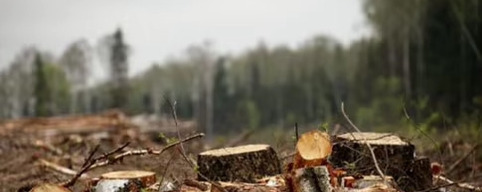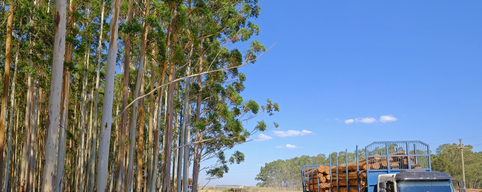

Russia's Ministry of Economic Development is considering new strategies to increase timber exports to Asian markets, including China. The proposed approach involves the active integration of scientific advancements in botany and genetics, which could significantly enhance the production and quality of timber.
China is one of the world's leading importers of timber, thanks to its vast construction industry and continuously growing economy. This presents a unique opportunity for Russia to strengthen its economic ties with the largest economy in Asia.
The development of genetically modified trees with rapid growth is a promising solution that could increase timber yields and meet the growing demands of the Chinese market. These new species could enable faster and more sustainable harvesting while maintaining ecological balance.
The application of genetic modification technologies could also help create trees that are more resistant to diseases and climate change, thereby reducing losses and increasing harvesting efficiency. This would allow Russian companies to offer a more competitive product on global markets.
At the same time, Russia will need to address potential opposition from the public and environmental organizations, which often express concerns about the use of genetically modified organisms. The government must ensure strict oversight and safety measures to reassure both the population and international partners of its intentions.
Plans to involve scientific institutions in this process will also stimulate research and innovation within the country, supporting the development of new technologies and creating new job opportunities.
Although the project holds promise for success, it requires significant investments in research and infrastructure, as well as effective collaboration between government institutions, the private sector, and the scientific community. The development and implementation of such a project will take time, but the potential economic benefits for Russia are substantial.
Russia already possesses vast reserves of raw timber and has traditionally been one of the largest exporters in the world. The successful adoption of new technologies will enable the Russian timber industry to significantly increase its export volumes and solidify its position in the global timber market.



